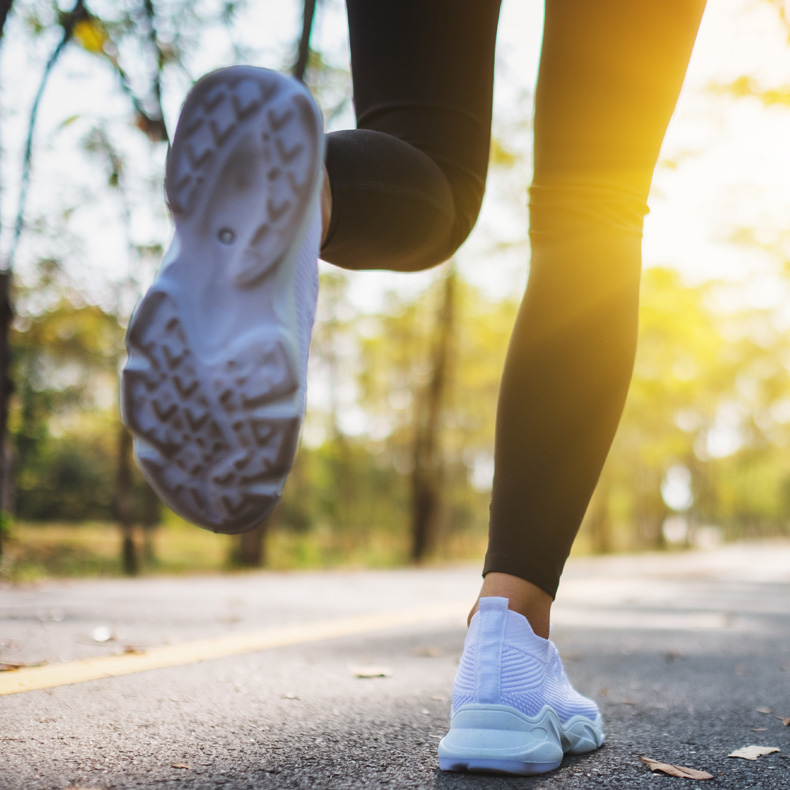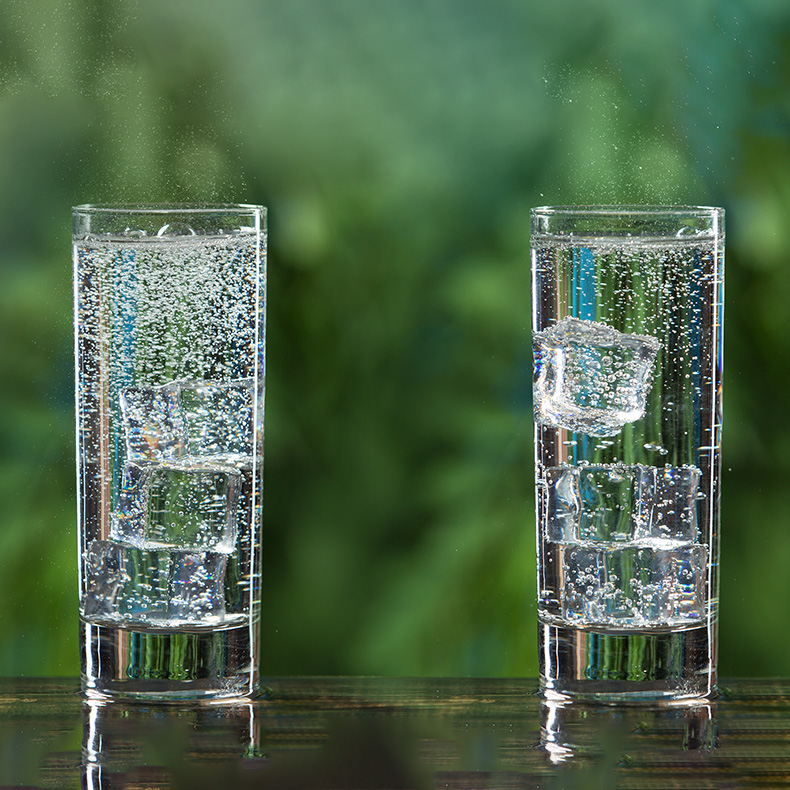From Surgeon BEGÜM ÖZÜEKREN KASAPOĞLU
Do Not Dehydrate Your Body While Exercising!
If asked what the most important chemical components are for the human body, the answer will undoubtedly be oxygen and “water”, which makes up about 70% of the lean adult body weight.
In training, which is an organized form of exercise or these exercises within the plans, programs and necessary rules, it is not only the main element of the cell membrane-like structure that contains many proteins and fats in the body, but also the energy that emerges by breaking down the mineral nutrients (macronutrients) such as nitrogen phosphorus, hydrogen, calcium, carbon, oxygen, potassium, sulfide, which the body uses in relatively large amounts, enables the muscles to work; it is important for vital functions such as digestion, absorption, transportation of all the chemicals, minerals and vitamins necessary for the activation of the muscles to their places of duty.
However, the burden on the body during the exercises increases the working speed and intensity of not only the muscles but also the whole metabolism, provided that it is related to the duration and intensity of the exercises. According to the first law of thermodynamics, this results in an increase in body temperature and the sweating that the organism uses to balance it. Failure to adequately replace the fluid loss caused by sweating in the body during or after the exercises (dehydration) not only reduces performance, but also leads to serious health problems and even deaths in athletes.1. The feeling of thirst in athletes occurs when they lose approximately 1.5% of their body weight. When this rate exceeds 2%, performance and thinking speed will begin to decrease noticeably. The effects of fluid loss in more than approximately 5% of body weight on the human organism are electrolyte loss with an increase in body internal temperature, decrease in total plasma volume, decrease in heart rate and pulse volume with an increase in load on the heart. For this reason, fluid supplementation is very important during and after exercise. Athletes should drink fluids every 30 minutes during training without waiting for thirst. The most tragic example of the work of the weight-loss athletes, especially those who have weight loss problems and lose 15% of their body weight due to dehydration while running in their synthetic shorts under the burning sun in order not to lose their university scholarships, is the three wrestlers who lost their body weight due to dehydration. 2 Dehydration is one of the most important causes of ongoing complaints such as headache, weakness and fatigue, starting with dry mouth, which is not dead at the end and observed during or after training. For these reasons, it is vital not only to support athlete performance and reduce the risk of injury, but also to ensure its sustainability, especially before, during and after training in hot environments or at high altitude.


"Mineral water", which is the natural water extracted by collecting minerals from the deepest layers of the earth, having sodium, iron, fluorite, magnesium, calcium, potassium, chlorite, sulfate and bicarbonate in addition to the water needed during the training. These mineral ions are important in regulating osmotic pressure and thus water balance. At the same time, they affect the electrical loads of the membranes and take place as catalysts or important compounds of the compounds to be synthesized in many chemical reactions. With its balanced structure in terms of electrolytes and minerals, natural mineral water helps to replace the liquids and electrolytes lost during long-term training, especially at temperatures above 30˚C. These are important in order to maintain and increase performance during the exercise and to recover quickly before the next load. In their study, Chdien-Wen Hou et al. (2015) found that marine mineral waters significantly reduced recovery times after endurance exercises until depletion compared to placebo fluids.3 In short-term supra maximal exercise loads, the efficiency of lactate use and increased pH rate in urine after exercise of athletes using high mineral mineral water were found to be statistically higher than the values after low mineral mineral water.4
Especially during the peak lengthening period, young athletes who train at a high-level need calcium to strengthen their bone mineral density. Research suggests that especially when calcium and bicarbonate-bearing mineral waters are used, it affects the acid-base balance of athletes during training and delays the occurrence of fatigue 5, while also helping to prevent loss of bone mineral density.6
The soda that coaches, who cannot go beyond traditional methods in the conditions of our country, have been using for years to accelerate the recovery of athletes by combining it with ayran is completely different from mineral water. Soda is obtained by adding carbon dioxide to any drinkable water. The only benefit of soda is to help meet the daily amount of liquid. Apart from this effect, there are no minerals or essential components in the soda that will provide the above-mentioned benefits.
Resources
